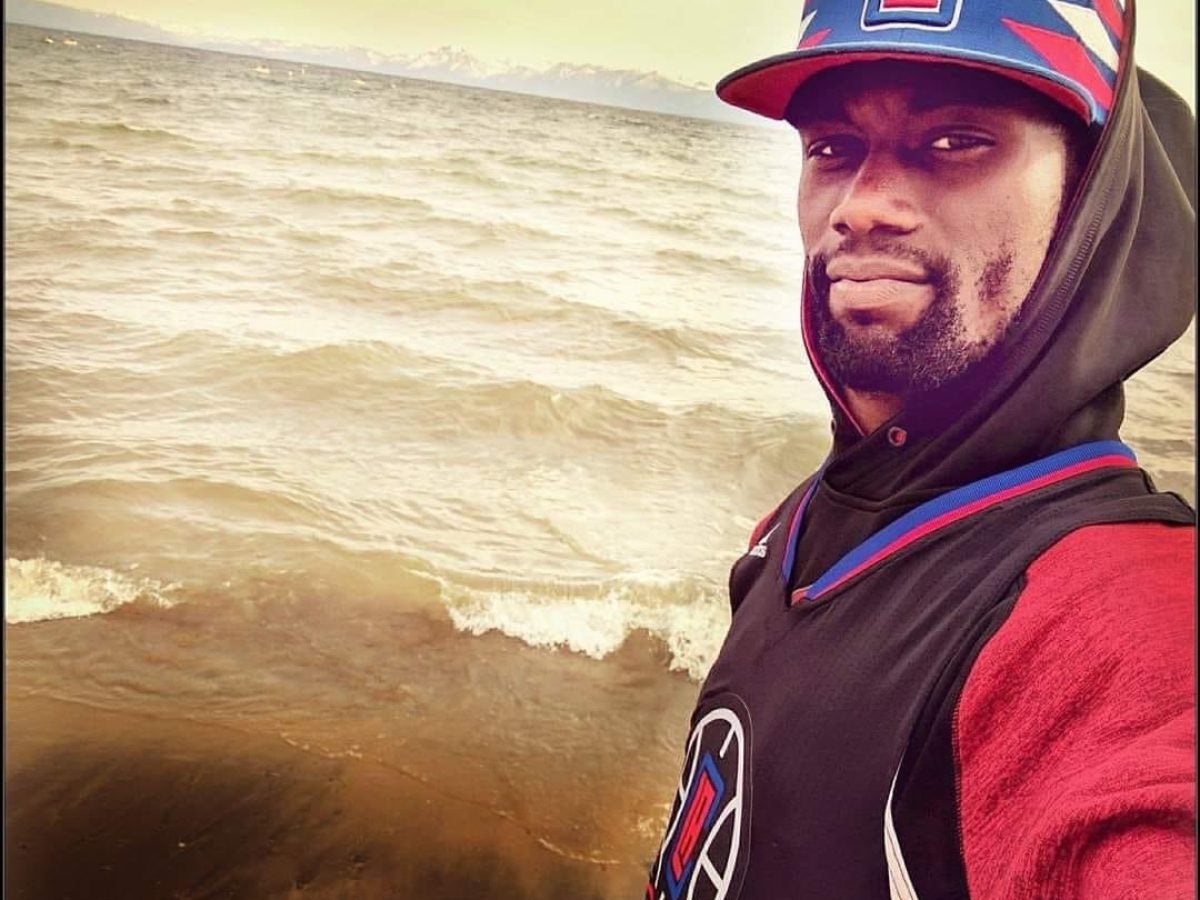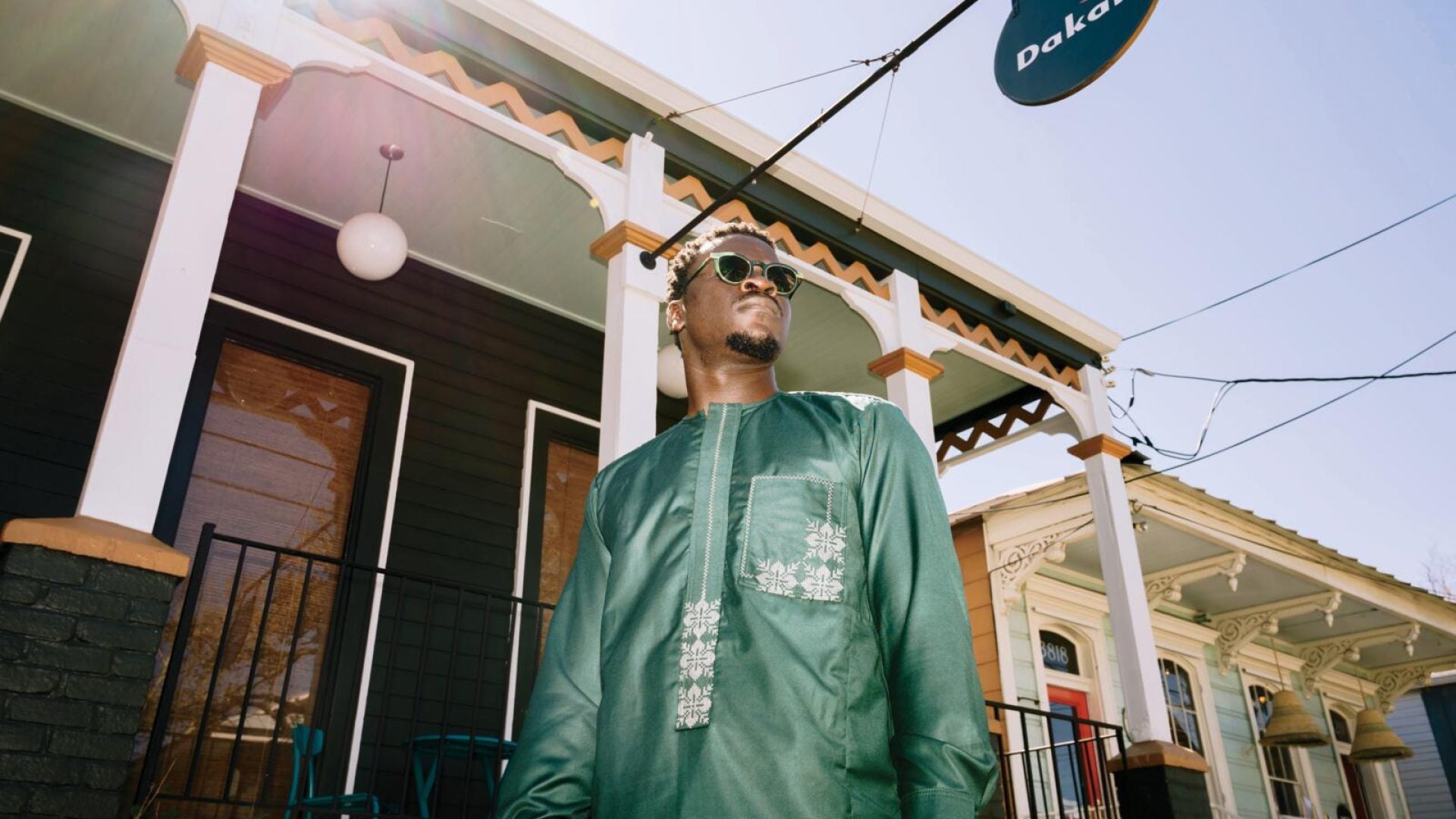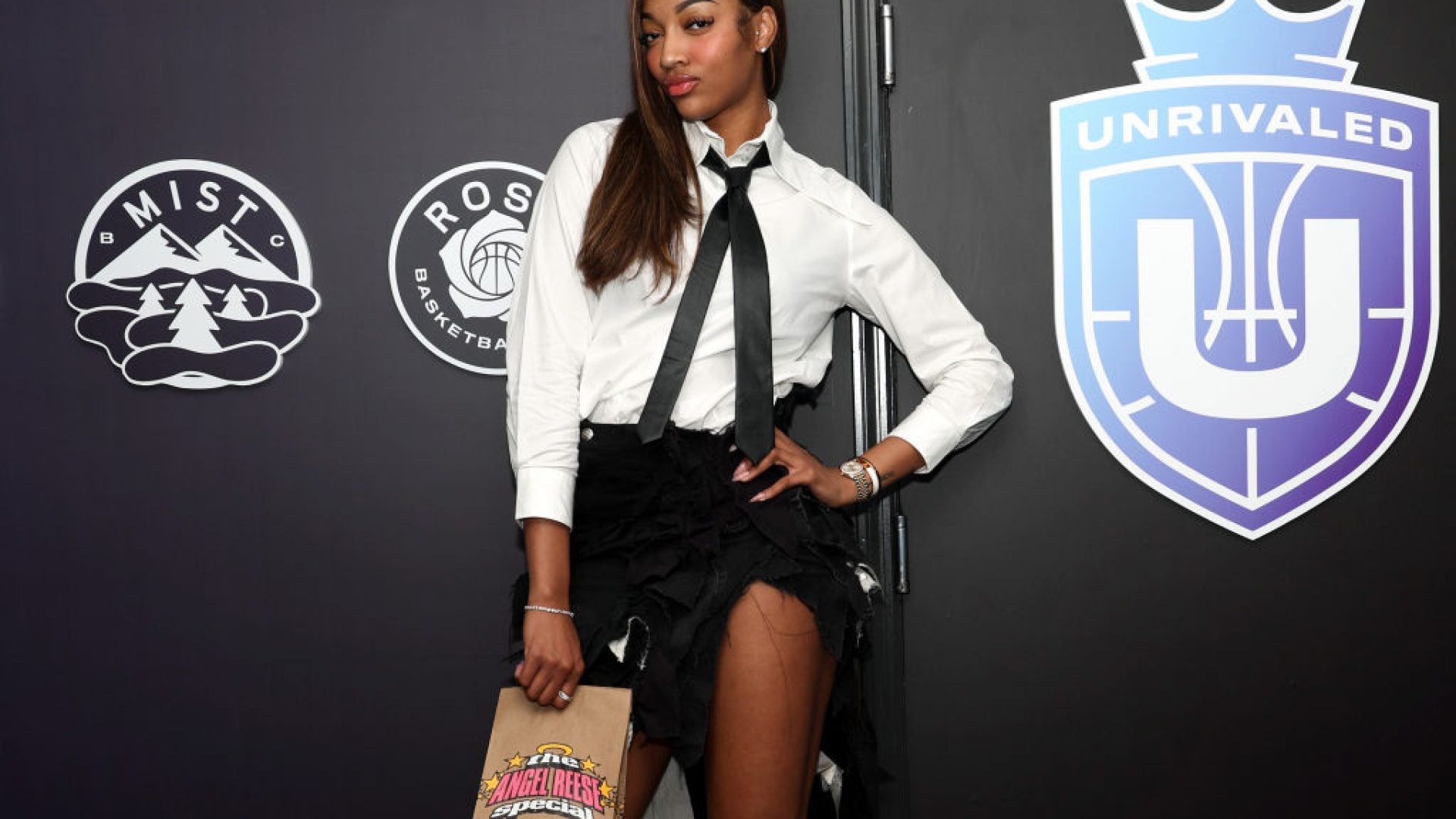
On January 7, 29-year-old Tyre Nichols was pulled over by Memphis police for alleged reckless driving. Three days later he died in the hospital. What happened in the interim is sadly another case of “driving while Black” turned deadly.
On Friday, footage was finally released of the police encounter. “In the videos, officers are seen dragging Nichols from his car and shouting profanities throughout the confrontation. An officer tries to deploy a Taser at Nichols and then begins to chase him on foot. ‘I’m just trying to go home,’ Nichols is heard saying. Later, officers are seen repeatedly kicking, punching and using a baton to strike Nichols as he lies on the ground. At one point he’s heard yelling ‘Mom,’” NPR reports.
Activists have compared this latest instance of police brutality to the 1991 Rodney King beating in Los Angeles. Even CJ Davis, the Memphis Police Chief, said she wasn’t prepared when she saw the street surveillance and body cam footage. “In my 36 years in law enforcement, I don’t think I have witnessed the disregard for a human being displayed in this video.”
You’re either comfortable with this being America or you’re not, and if you’re not, then you must do something about it.
– Maurice Mitchell, Movement for Black Lives
In the aftermath of this brutal killing, Maurice Mitchell from the Movement for Black Lives and the Working Families Party spoke with ESSENCE about Nichols’ disturbing police encounter and broader efforts to ensure another one like it never happens again.
“That video [of Nichols’] beating, I don’t want our country to look away from it,” Mitchell said. “I want us to deal with the fact that this is us. I think sometimes we like to look away or pretend that these are isolated incidents, these are bad apples. But this is America, and you’re either comfortable with this being America or you’re not, and if you’re not, then you must do something about it.”
All five of the Memphis police officers were Black and have since been fired and charged with second-degree murder. The case highlights just how entrenched and embedded systemic racism is within our country’s criminal legal system and the need to go beyond oft-cited reforms.
As Nikki Jones, an African American Studies Professor at UC Berkeley stated, “The institution of policing is one that has a deep history in racial control. And you don’t get away from that. You’re not absolved of that just because you are a Black officer…So, this case dispels these quick fixes that people think are real solutions.”
Mitchell echoed Jones’ sentiment, “As we said from the beginning, [the answer] is not these surface reforms. We’ve never said that diversifying police departments would be a solution because we understood that there’s something fundamentally wrong with policing in this country, and historically, police have never served Black communities. They’ve served the interest of white folk. Until we wrestle with the fundamental drivers of violence, we’re going to continue to experience, unfortunately, horrible crimes like the one that happened in Memphis.
Mitchell highlighted one way forward: “Movement for Black Lives has called for the passing of the BREATHE Act in Congress, which would reallocate resources that are dedicated to violent policing like what we saw and put them into a comprehensive suite of investments in our communities.”
In a statement sent to ESSENCE, the Memphis chapter of Black Lives Matter (BLM Memphis) outlined community demands, including ending the use of “pretextual traffic stops, unmarked cars, and plainclothes officers,” and removing police from traffic enforcement entirely.
These reforms underscore their fundamental concern: anti-Black police violence won’t end unless police are defunded.
“We’ll continue to say what Black organizers have said for generations. To achieve true justice for Tyre Nichols and the untold number of Black people whose lives have been stolen by police, we need to defund the police and conduct an overhaul of public safety in the U.S.,” the statement reads.
“We grieve with Tyre’s family, friends, and the entire Memphis community,” they continue. “Had those officers not pulled Tyre over, he would be here right now with his four-year-old son, taking photos of sunsets and skateboarding.”
Mitchell is also calling on people to continue protesting against injustice. “The reality is, there are countless Tyre Nichols, there’s countless Breonna Taylors. These are just the names that we know, but when an incident rises to this level, it is on all of us to ensure that change actually happens. If it doesn’t, naturally, our people will grow cynical, and we can’t afford to be cynical. I’m really heartened that people hit the streets and are protesting. Those protests need to be sustained and they need to be translated into other activities,” he said.
BLM Memphis also has a toolkit with ways to support Tyre’s family and take action, including information about a GoFundMe created by Tyre’s mother for a memorial fund in his honor.
BLM Memphis, which was created in 2014, also has a bail fund to support protestors who may be arrested and otherwise targeted by law enforcement. As they noted, “even as we try to grieve and stand in solidarity with Tyre’s family, we know the police are ramping up to criminalize our actions—meeting our calls for justice and accountability with more state violence and suppression.”
Beyond the immediate response to the Nichols case, Mitchell urges that people are proactive in the local political process. “Folks need to remove elected officials that refuse to act [because] so much of policing takes place on the municipal level, so we need to hold city council people and mayors accountable to investing in our communities. If they don’t, we need to vote them out, and recruit people who will do that. My answer to this is to keep the fight up and don’t assume that the folks in power will take it from here. It’s actually the role of the people who will be reading this article to stay engaged.”



